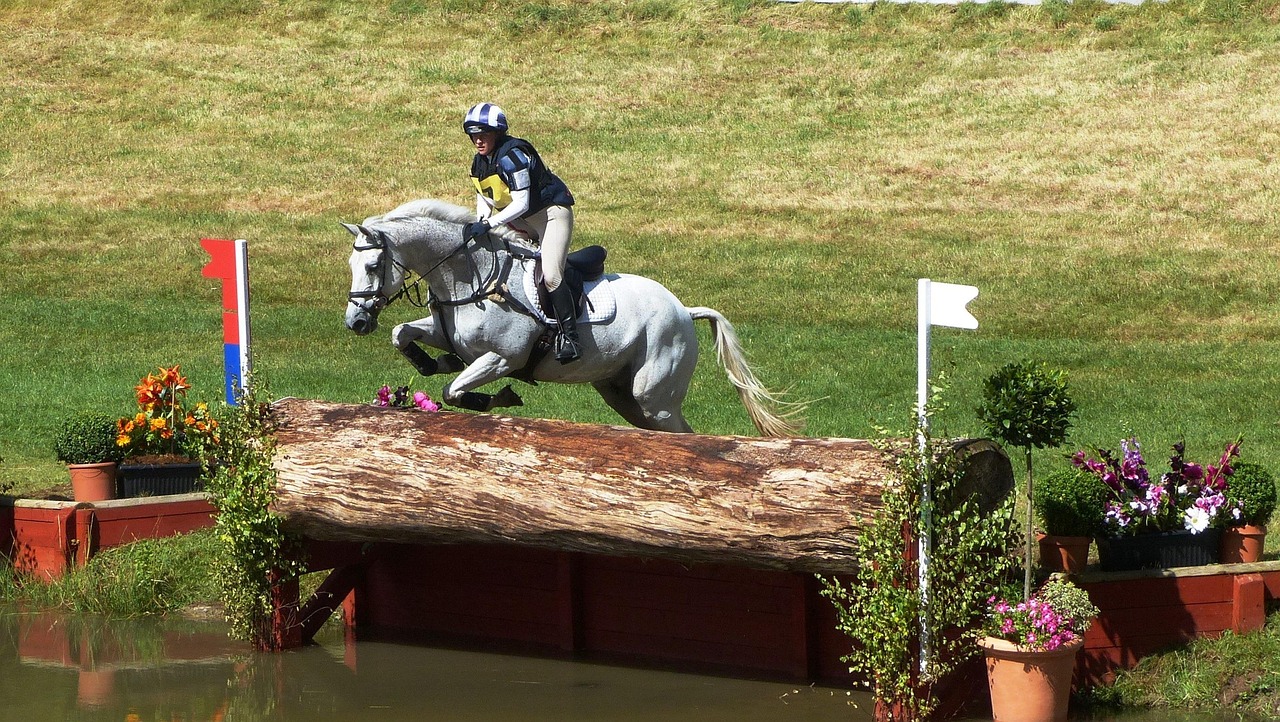
By Conor Rafter
At face value, horse racing, dressage and showing/jumping are decidedly different sports. One prioritizes absolute speed, another focuses on unabashed beauty and the latter homes in on attitude.
Yet, one common element ties this equine triad together: the rider. Events across all three sports involve a rider or jockey, and this individual guides their steed through various courses and obstacles.
Whilst significant attention is placed on the relationship between horse and rider, few recognize the impact of rider weight…and even fewer consider this subject as an issue worth discussing.
That’s why we have decided to throw our hat in the ring, with a full-scale analysis on the true effect of rider weight on event outcomes.
Jockey weight and horse racing results
Horse racing is all about consistent speed, endurance and power, as competitors vie to reach the finish line before anyone else.
Unnecessary additional weight could negatively impact the outcome of a race – and this factor forces jockeys to downsize as much as possible. In turn, the average weight of UK and Irish jockeys competing in flat races sits in the region of 8st to just over 9st 5lbs. Although on the lighter end of the scale for a fully-grown adult, it must be noted that flat jockeys are generally no taller than 5’8” – culminating in a naturally beneficial racing build.
For jumping events, jockeys operate on the heavier end of the spectrum, weighing in at little more than 10st.
So, how does weight influence racing?
Well-understood physiological rules apply – as heavier jockeys are more likely to burden horses. Increased fatigue, weakened speed and long-term bodily issues are just some of the problems that may arise from onboarding weighty jockeys.
On the other side of the coin, leaner athletes relieve horses of the aforementioned slow-down effect and give way to potentially improved performance.
This is proven by horse racing experts – as markets show that certain horses are forecast to enjoy better results under lighter loads.
Does weight impact dressage and show events?
Unlike racing, dressage and showing are less reliant on sheer speed. Precision and balance are far more important across both sports.
Nevertheless, weight remains a vital consideration. In dressage — where competitors undertake predetermined actions and scoring is based on overall aptitude and harmony — riders must display impeccable balance. If the individual is too heavy, the horse may struggle to maintain an appropriate gait.
Similar is true for showing, a sport that rewards the best-in-class for beauty, demeanor and condition. Requirements vary per event, but riders and jockeys may be tasked with following specific courses or showcasing certain abilities, such as jumping.
Longer events have greater ramifications on the equine’s stamina, and heavier riders could quicken potential fatigue.
Moreover, some events score riders on their likeness to an ‘ideal’ character or persona – so it is in the handler’s best interest to remain in line with weight expectations. Miss the mark, and the judge’s rating could reflect poorly on a contender’s effort.
Weight is not quite the be-all and end-all, as is virtually the case with racing, but a horse’s posture and performance are likely to be compromised by adverse rider weight.
Quick deep-dive: why rider weight matters
Now that we understand the fundamental reasons behind the focus on weight in equestrian sports, let’s run through some proven statistical figures.
- Impact on speed: Most trainers agree that every 1 kg in weight equates to one length lost over 1,600 metres.
- Perfect percentage: Studies show that riders should weigh no more than 15% of a horse’s bodyweight; anything above this limit can negatively affect stride, stamina, speed and, in some instances, health.
- Aerodynamic ability: Smaller jockeys and riders allow for cleaner aerodynamic performance, whereas heavier athletes may hinder flow.
- Event expectations: Some events, like the Grand National, see jockeys weigh in at over 11st (74kg) – with minimum weight requirements seeking to level the playing field.
Despite low weight being a near necessity in racing, jockeys must avoid overly restrictive diets for fear of underperformance. Malnutrition has become a serious concern for the racing world, with athletes eager to take horses to the limit. The ability to control a runner is itself a considerably important quality – and proper nutrition plays a major role in that expertise.
Managing weight is foremost for riders in all three sports. Balance sufficient sustenance with riding talent, and results will reflect that hard work.
There are more interesting articles in our sections on Racing & Wagering and Health & Education.














